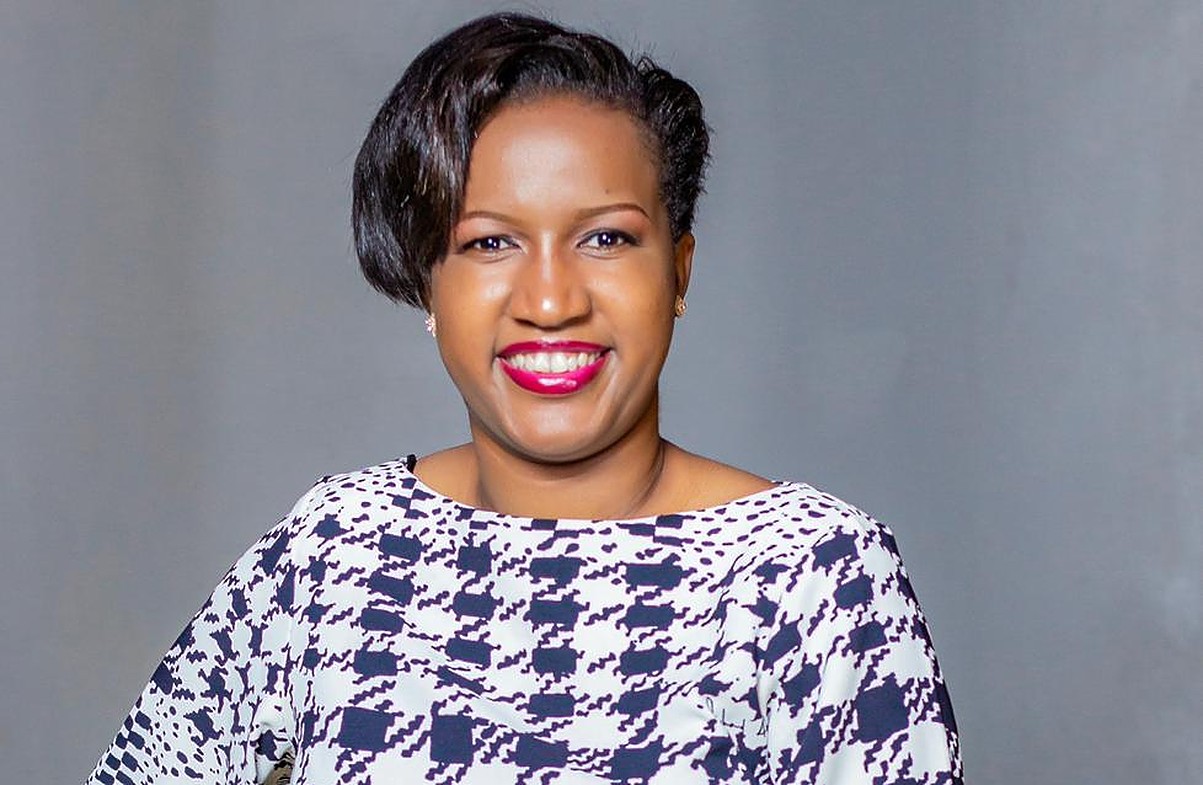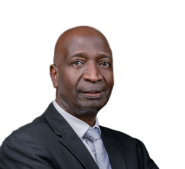For many law students, an internship is an opportunity to get real-world experience. This makes the dream of becoming a lawyer more practical. However, for Geogette Ochieng Ndabukiye, it was the polar opposite.
“When I was doing my internship, after my third year at Makerere, I realised that I didn’t want to wake up every day and go to a law firm. I wanted to change lives in a different way other than fighting court cases. I knew that wasn’t going to fulfil me.” Geogette tells me. “It was at this moment that I decided not to go to Law Development Center (LDC), but decided to finish the fourth year and bag my degree.”
After finishing university, Geogette volunteered at Veritas College International, an NGO that taught people how to interpret the Bible. This was fulfilling to her because she is born-again. At this volunteer opportunity, she was spotted by a Board member of the NGO, who offered her work in her company, where she lasted two years.
Geogette then moved to The Innovation Village, where she met Brenda Katwesigye, her future Co-founder in Wazi. “Brenda was doing Wazi alone. We had been acquaintances at campus because we were there simultaneously, though doing different courses. We reconnected at The Innovation Village, and Wazi appealed to me. I liked the mission behind the company of changing lives through manufacturing accessible and affordable eyewear to the bottom of the pyramid. ,o I decided this is something I am willing to give my life.”
She joined the company as a co-founder.
Founded in 2016, Wazi Vision is Uganda’s first and only indigenous prescription eyewear brand. Its frames are designed, manufactured and distributed in Uganda. The startup has three locations- Kamwokya, Kansanga and Nansana. Wazi has raised funding in several rounds, with the latest being the undisclosed deal from Renew Capital that was announced in March 2023.
Geogette took over as CEO in July 2022 when Brenda, who had been CEO since inception, handed over the reins. The company has sold over 1,000 frames since its inception in Uganda alone and recorded sales in neighbouring Rwanda and Kenya, as well as the USA and Europe.
“The work that we do here at Wazi is so important. According to the Ministry of Health, there are 2.6 million people with visual impairments in Uganda. But access to prescription glasses is expensive, and also, the frames were not customised to the heads of Ugandans because 99% of those available on the market are imported. So many people that need eyewear decide to go without any until it is too late. This is why we are passionate about Wazi. Our eyewear is more affordable, better quality, and designed specifically for Ugandan facial features. “ says Geogette passionately.
“Before a frame comes to life, a customer’s specifications are measured,” Geogette adds as she explains the eyewear-making process. “The frames then go through a design process. There is different software that helps us to design this. We can do the frame from scratch as well as just polish up the existing designs. The latter is easier to come up with.
After the design, each design is put in a machine that cuts out the frames. Then it will go through the post-production process, which takes about 72 hours. The frames will then be tested to ensure they fit on a customer’s eyes.”
Geogette is bullish on the prospects of Wazi, and it is easy to see why.
According to Statista, revenue from Uganda’s eyewear market is set to hit $154m in 2023 and grow at 10.48% until 2027. The demand for eyewear frames alone will hit $60m in 2023. And the startup’s expansion prospects look promising. The World Health Organisation (WHO) reports that approximately 26.3 million people in Africa have a form of visual impairment; 550 million people need glasses, but barely 1% own a pair.
But getting to this level has not been a walk in the park. The early days were tough.
“For most periods, it was just Brenda and I working at Wazi. We were also self-funded for a long time. We had to borrow money and put everything we had into the startup. But that price has to be paid. At some point, we engaged a firm in Germany which gave us just €15,000 but claimed we got€800,000s. Anytime we tried to raise funding, investors asked us what we used the € 800,000 for, yet we never got it.”
Geogette also realised how raising funding as a female entrepreneur was not a bed of roses. “People think women get more opportunities because they will see programs and grants targeting women, but there are few opportunities. And this is the same reality for female entrepreneurs even in other startup markets. Also, the fact that we are building an eyewear startup, not the normal fintech or e-commerce, makes it hard. Hardware startups require a lot of research and development (R & D), which requires intense capital investment.”
This Story was published in partnership with ORION, a community of ambitious Founders, Fund Managers and Career Professionals of Ugandan descent. Geogette Ndabukiye is an ORION Member.

 Ernest Rubondo to Step Down After a Defining Decade as Executive Director of PAU
Ernest Rubondo to Step Down After a Defining Decade as Executive Director of PAU


